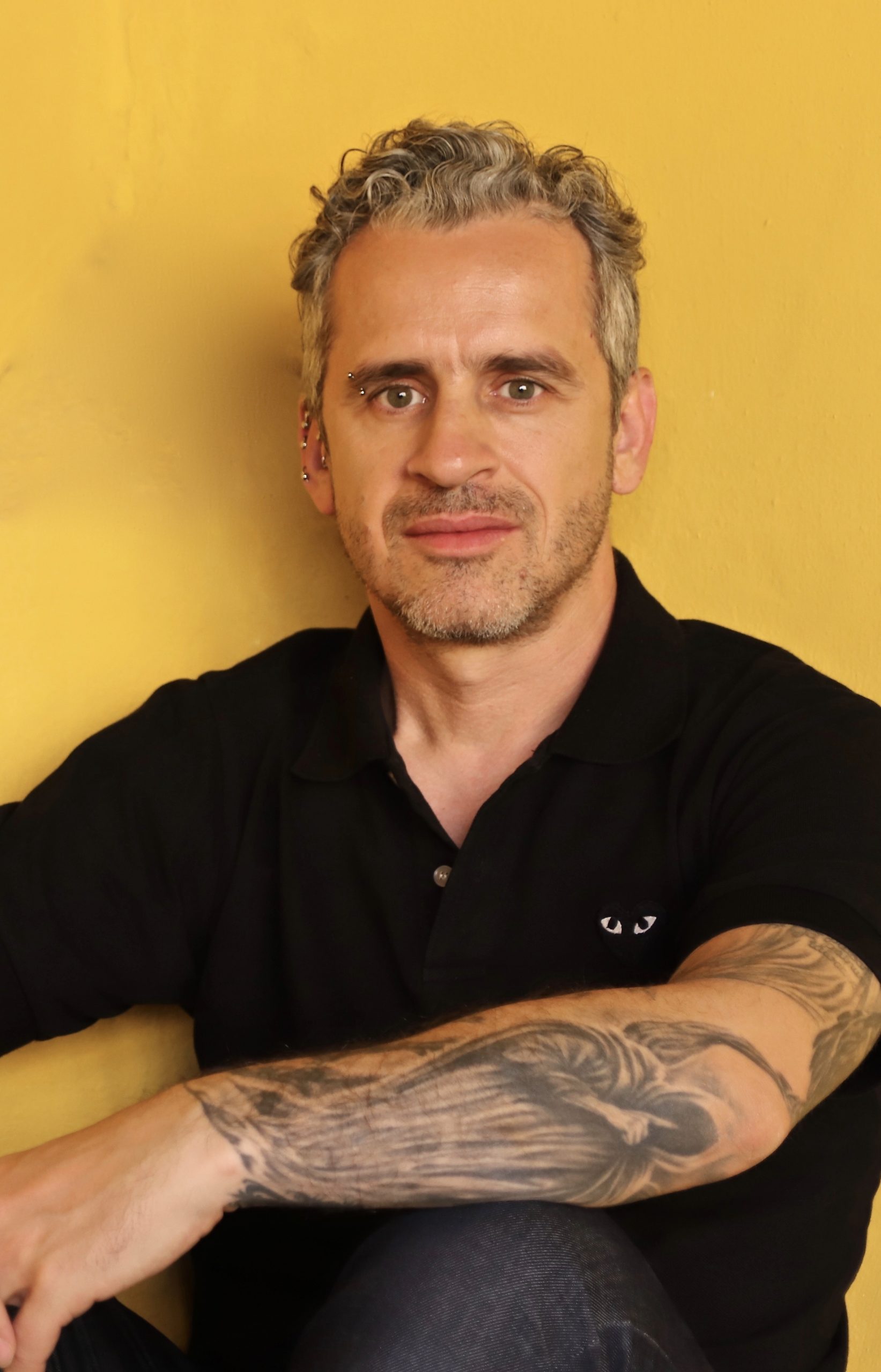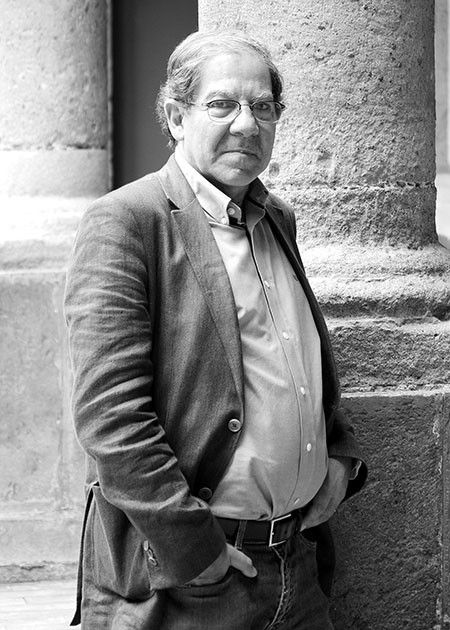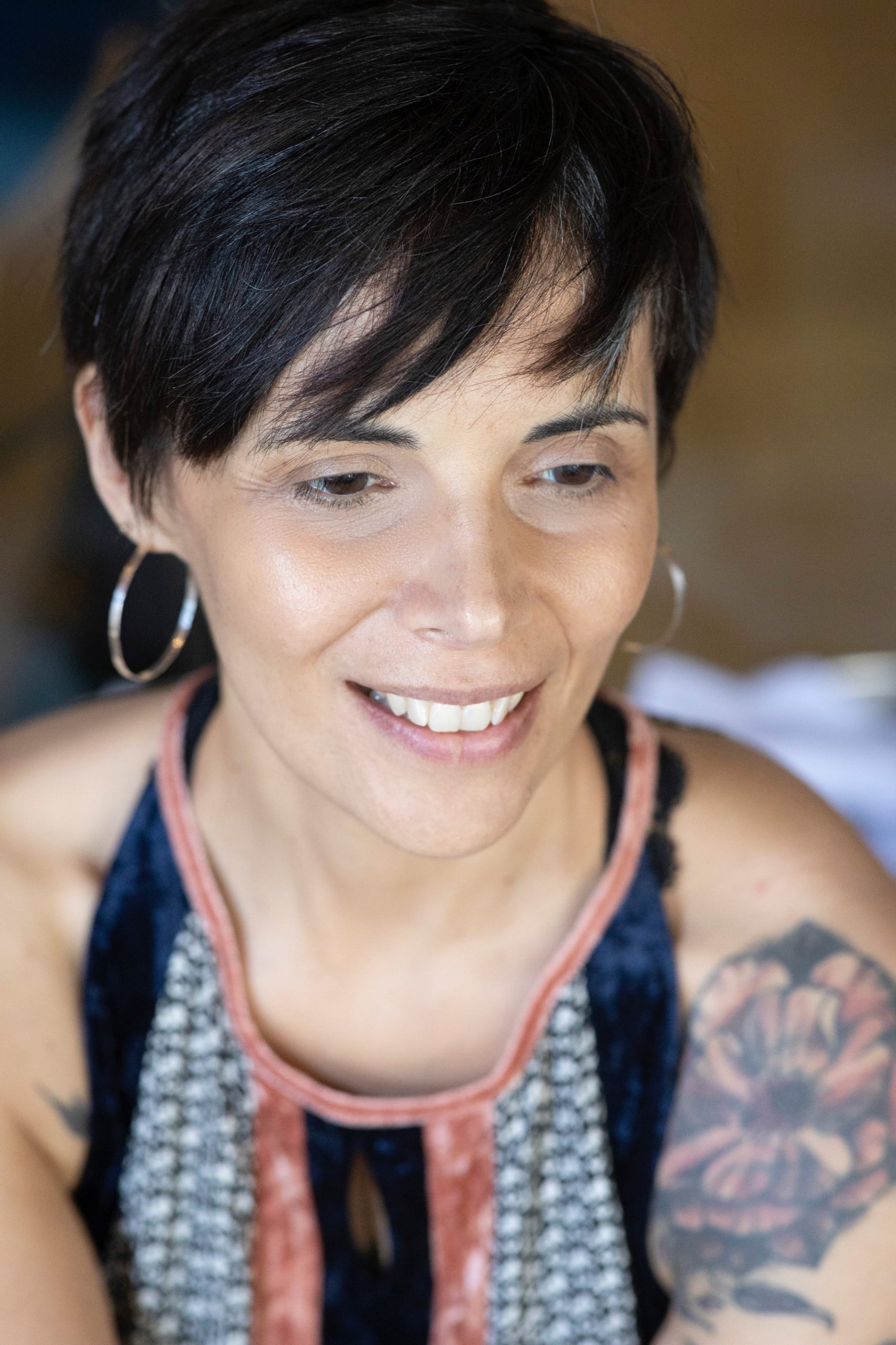36th PORTUGUESE LANGUAGE SUMMER COURSE (ONLINE)
FROM JULY 11 TO 29, 2022
REGISTRATION IS CLOSED AT THE MOMENT.
PARTICIPANTS
The programme on offer may be of interest for students of Portuguese in upper secondary education or for students who are attending a University undergraduate or graduate programme.
If you are a teacher or a translator, you may also be interested in our theme-based courses. Please see the list below.
If you want to learn Portuguese just for fun, you are also most welcome to join us!
REGISTRATION: APRIL 19 – JUNE 6, 2022 (extended)
FEE: MOP3,000
YOU ARE REQUIRED TO SETTLE THE TUITION FEE (MOP3,000) PAYMENT BEFORE YOU REGISTER AND UPLOAD THE BANK TRANSFER RECEIPT TO THE REGISTRATION FORM.
Please make sure you provide all the information required.
Personal data collected will be used for summer course purposes only.
BANK ACCOUNT DETAILS TO PAY THE TUITION FEE
UNIVERSITY OF MACAU
BANK OF CHINA, MACAU BRANCH
Bank address: NO. 323 Avenida Dr. Mário Soares, MACAU
Bank Account No.: 00180101207888979
SWIFT Code: BKCHMOMX
When you pay the tuition fee, please include the following details in the transaction remarks:
36th Portuguese Summer Course
YOUR NAME
Please note: all related bank transaction charges will be at candidate’s expense.
Please submit a copy of the bank account transfer upon registration.
IMPORTANT REMARK: Please note that no refund of paid tuition fees is available. Exceptional cases may be considered based on strong justification and documentation provided to support the request. If processed, all related bank charges will be at candidate’s expense.
CONFIRMATION OF REGISTRATION
You will receive the registration confirmation e-mail after the registration period is ended.
GENERAL LANGUAGE COURSES
Language courses are organized in four different levels (Beginner, Elementary, Intermediate, and Advanced). Each one lasts 45 hours. Students also benefit from 15 hours of guided autonomous study. In addition to develop written and oral receptive and productive skills language classes, include sessions dedicated to grammatical and lexical topics and other specific level-based features. Please check the language level description for each course at the bottom of this page.
These classes run from 9a.m. to 12 p.m.
Language courses include listening, speaking, reading, writing and mediation activities as well as the study of key grammatical features and vocabulary for each level. Syllabi will be available on MOODLE.
All courses aim at helping participants to develop their linguistic, sociolinguistic, pragmatic and sociocultural competences in Portuguese as well as to raise their intercultural awareness.
Participants who will be attending a beginner or an elementary course may find it useful to attend Music and Dance courses to enhance their grammar and vocabulary as well as their sociocultural knowledge.
Students receive a UM complementary digital textbook and other supplementary resources. The organization of the Summer Course will also make available other digital resources.
THEME-BASED COURSES
Theme-based courses consist of a 75-hour offer in translation, literature, Portuguese-Speaking Countries International Relations, linguistics, cinema, architecture, dance, music, history, and Portuguese-speaking African countries culture. Task-based activities complement these workshops.
These courses run from 1 p.m. to 6 p.m. in 50-minute sessions.
As schedules do not overlap, students can customize their summer study plan.
In addition, students will have encounters with renowned literary authors from Portuguese-speaking countries, some of whom have books translated to more than 20 countries, including China.
These courses require an intermediate or advanced language proficiency. Students attending a beginner or elementary language course may have trouble but they are also welcome and will have to be prepared to work harder.
Participants taking elementary classes may find Music and Dance more adequate to supplement their study of the language and the culture.
TEACHERS
Teachers are well known plurilingual and multicultural professionals in their academic areas. The specific expertise of Portuguese-Chinese bilingual teachers is an added advantage for students.
CERTIFICATES
At the end of the course, participants who attend 80% of the language course receive a certificate of attendance.
An achievement certificate is also available upon taking the language test and essay submission in attended theme-based courses. This certificate will provide the student’s linguistic profile.
GUIDE TO LEVEL SELECTION
| Course levels | Corresponding CEFR* levels | Description and suggestion** |
| Beginner | A1 | This level is suitable for who never learned Portuguese or has only a very little knowledge about it. |
| Elementary | A2 | This level is suitable for a student majoring in Portuguese with 1 year of study experience. If you have learned Portuguese before or you have a basic knowledge of this language, this level could be a good option. |
| Intermediate | B1-B2 | This level is suitable for a student majoring in Portuguese with 2 or more years of study experience. If you are working or living with native Portuguese speakers and you can communicate with them daily, both in verbal and written forms, you can also try this level. |
| Advanced | B2-C1 | This level is suitable for a student majoring in Portuguese with at least 3 or more years of study experience. If you are living in a Portuguese-Speaking Country or it is your working language, you are recommended to consider this level. If you are a Portuguese teacher or a translator, you also have the opportunity to benefit a lot from this course, as a variety of theme-based courses, such as Linguistics, Literature, and Translation, will be provided. |
*Common European Framework of Reference for Languages: Learning, Teaching, Assessment.
** For reference only. Please choose the level that best suits your situation. In the first two days of classes, students may be changed to another level after the teachers’ recommendation and the approval of the Summer Course coordination. The final decision on the level will be made by the Course coordinator.
******
Information of the three public guest seminars
Seminar 1
The First Portuguese Novelist of the 21st Century
by
José Luís Peixoto

Date: 11 July, 2022
Time: 19:20 (Macao time)
Abstract: From his own experience and the perspective of his generation, José Luís Peixoto will propose a historical and thematic framework of the Portuguese novelists who published their first works at the beginning of the 21st century.
Biography of speaker:
José Luís Peixoto was born in the village of Galveias, in Alto Alentejo, where he lived until he was 18 years old, when he went to study at the Faculty of Social and Human Sciences at Universidade Nova de Lisboa. After finishing his degree in Modern Languages and Literature, in the variant of English and German studies, he taught in several Portuguese schools and in Praia, in Cape Verde. In 2001, he devoted himself professionally to writing.
At just 27 years old, José Luís Peixoto was the youngest ever winner of the José Saramago Literary Prize. Since this recognition, his work has received wide national and international attention. His books are translated and published in 26 languages. The novel Galveias was the first book in Portuguese to be translated directly into the Georgian language, and the same happened to the book A Mãe Que Rainia, which was the first to be translated directly from Portuguese into Mongolian.
Morreste-me was chosen as one of the 10 books of the first decade of the 21st century by Visão magazine. Under the same conditions, Não Olhar was chosen as one of the books of the decade by the newspaper Expresso.
His work has been abundantly adapted for shows and artistic works of various genres.
He has been a columnist for various organs of the Portuguese press, such as Jornal de Letras or Visão, GQ, Time Out, Notícias Magazine, UP, among others.
Seminar 2
What is poetry?
by
Nuno Júdice

Date: 20 July, 2022
Time: 19:00 (Macao time)
Abstract: From some definitions that appear in the work and in the reflections of 20th century poets, from Pessoa to Eugénio de Andrade and Jorge de Sena, the communication seeks to reflect on the way poetry is seen by its creators.
Biography of speaker:
Nuno Júdice was born in Mexilhoeira Grande, Algarve, in 1949. He has a degree in Romance Philology at the Faculty of Arts and Humanities of Nova University of Lisbon and a PhD in Comparative Romance Literature at the Faculty of Social Sciences and Humanities of the Nova University of Lisbon, where he was Associate Professor from 1976 to 2015. He has published books of poetry, fiction, essays and theater, having published the first book, The notion of poem, in 1972. Nuno Júdice has been translated into several languages, including Chinese. He also regularly works as a translator of poetry and theater. He served as Cultural Counselor at the Portuguese Embassy in France, between 1997 and 2004, and director of the Camões Institute in Paris during that period. In 2013, for his body of work, he received the Reina Sofía Prize for Iberoamerican Poetry. In 2022, Edições D. Quixote publishes «50 years of Poetry, a personal anthology (1972-2022)».
Seminar 3
Literature and the Natural World
by
Adriana Lisboa

Date: 29 July, 2022
Time: 19:30 (Macao time)
Abstract: Through a conversation interspersed with readings, we intend to share some reflections on the relationship between poetry and fictional prose with the non-human universe – that is, the sphere of existence of plants, animals and minerals. How have we tried to re-signify these relationships in order to deconstruct a hierarchy that places Homo sapiens at the center (the lord of the rest of nature) in search of a more horizontal view, which deals not with dominion but with conviviality and collaboration? In what ways can literature reverberate this search?
Biography of speaker:
Adriana Lisboa was born in Rio de Janeiro. Novelist, poet and short story writer, she is the author, among other books, of the novels Sinfonia em branco (José Saramago Award), Azul-corvo (one of the books of the year in the English newspaper The Independent), Hanoi and Todos os santos; from the poems of Parte da paisagem, Pequena música (Honorable Mention of the Casa de las Américas Award), Deriva and O vivo; from the tales of Caligrafias and O sucesso. She also published some works for children. Her books have been translated in over twenty countries. His poems and short stories have appeared in magazines such as Modern Poetry in Translation and Granta. She holds a master’s degree in Brazilian literature and a doctorate in comparative literature from the University of the State of Rio de Janeiro, and was a visiting researcher at the International Center for Japanese Studies-Nichibunken (Kyoto) and at the University of New Mexico. She taught in the Spanish and Portuguese Department at the University of Texas at Austin, where she currently lives, and was a writer-in-residence at the University of California Berkeley. She translated into Portuguese the poetry of José Lezama Lima (with Mariana Ianelli) and Margaret Atwood, and the prose of Marguerite Duras, Virginia Woolf and Maurice Blanchot.

